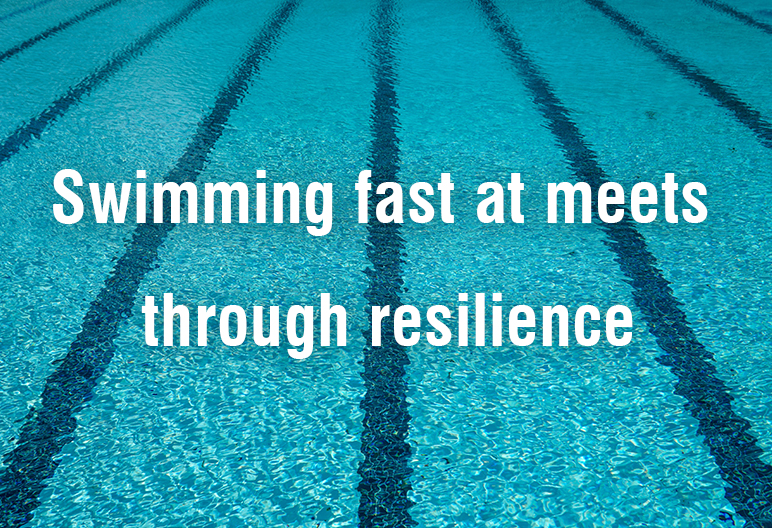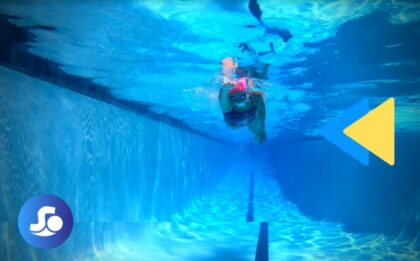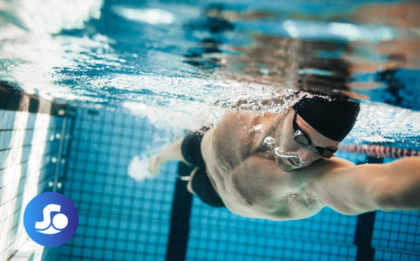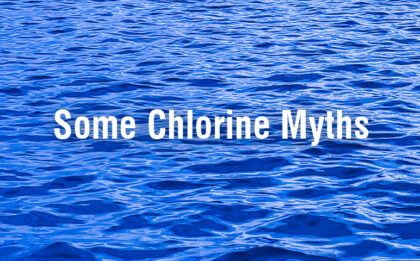The dictionary defines resilience as the capacity to recover quickly from difficulties; toughness. Resilience is an important concept for a successful multi-day meet. When you are training hard, your body’s ability to recover between workouts is key to your success. If you go to a three- or four-day meet, but you never train three-or four-days in a row, it will be difficult for your body to perform at its best as the days progress. Here are my top tips for managing your recovery at long meets:
- My number one tip is Warm down, warm down, warm down. The shorter the race, the longer the warm down you need. Sprinting creates lactic acid in the muscles. You need to burn this off immediately following your race to help your muscles recover. Don’t delay. Get from the race to the warm down quickly, and warm down from 500 to 1500 yards. Research showed that it takes approximately 1500 yards to burn off the lactic acid from a 100-freestyle race. We need to balance that number with your training base. I realize that many swimmers would be uncomfortable swimming this much yardage, as it rivals their normal workout.
- Start your warm down with a kick. If you have just finished an event that drove your legs hard, like any sprint or longer back, breast, or IM races generally will, then the first thing I want you to do in your warm down is kicking. Kick an easy 100 as a minimum. More is better. Then, add some more kick interspersed in the warm down.
- Consider skipping a day of the meet. Go out and do something normal, without being exhausting. I’ve been known to…go shopping, boating, go to museums, movies, amusement parks, and well, anything that is not overtaxing your body. This helps me recover for the next day.
- Don’t over taper. Several major items should drive how long your taper:
- How long are your events? Distance swimmers generally need a shorter taper than sprinters.
- How old are you? Older swimmers should use shorter tapers than younger swimmers. Older swimmers simply get out of shape sooner.
- How much do you train? The swimmer who trains more yardage per week can taper longer.
- Eat and drink well. You need to ensure proper nutrition and hydration over the course of the meet. Days at the pool can be long and hot, find shade (or bring it with you) for outdoor meets and bring clothes that match the day’s temperature. Both too cold and too hot will diminish your performance.
- Sleep. Don’t underestimate the importance of getting enough sleep. Getting a good night’s sleep is a critical performance factor.
My final word on managing recovery at a meet is to remember to have fun! The more you are enjoying your time, the more worthwhile the entire event.




